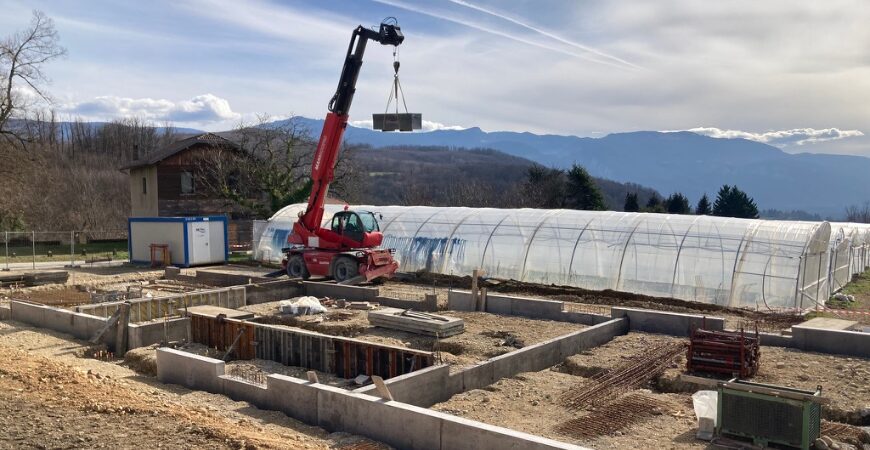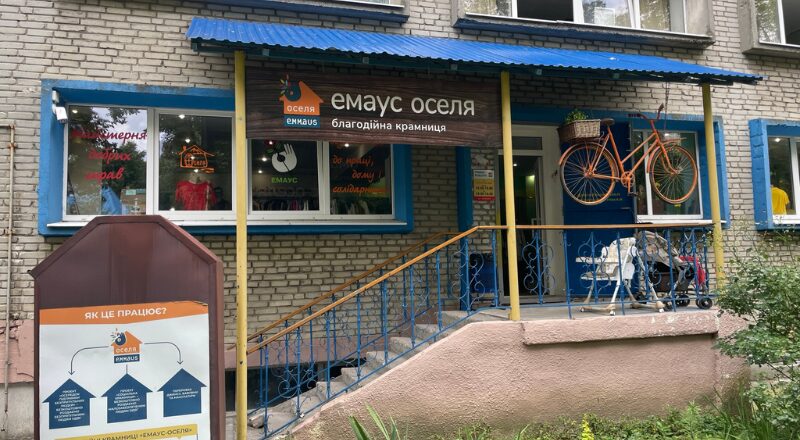Countries
Emmaüs Épargne Solidaire – activist investments!
In France, the Movement has an innovative tool to support the work of Emmaus groups: a socially-oriented property company! In the face of mounting property pressure, this initiative allows people to make socially responsible savings by supporting Emmaus’ social project. To find out more, we spoke to the project manager, Aymeric. (more…)
The Emmaus Movement mobilises against the atrocities in Gaza
On 18 June, France will co-chair an international United Nations conference ‘for the peaceful settlement of the Palestinian question and the implementation of the two-state solution’. On this occasion, Emmaus Europe, Emmaus France and Emmaus International co-signed and sent an open letter to the French government. (more…)
Policy of non-welcome: fortress Europe continues to put up more walls
In recent months the EU and its member states have been trying to accelerate the implementation of the Pact on Migration and Asylum (see the newsletter from March 2024 for more details) and to make the EU’s legislation on this topic more restrictive. Their objective is doing so is clear: to welcome fewer people and to move them on to other countries. (more…)
A meeting to underline our support for Ukraine
Emmaus Europe held a virtual meeting on 24 February 2025 between the representatives of Emmaus Oselya (Lviv, Ukraine) and Emmaus Movement stakeholders who wanted to hear news of the group, and gain a better understanding of the reality of daily life in Ukraine. (more…)







